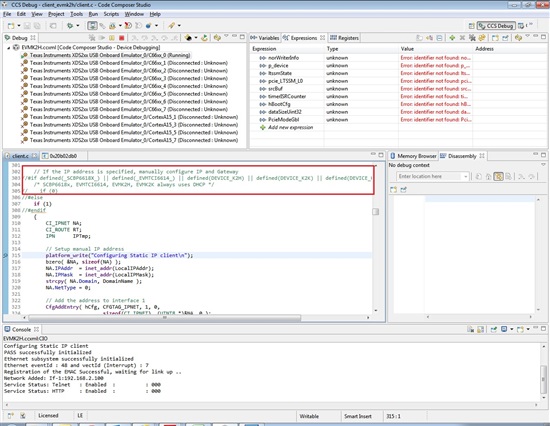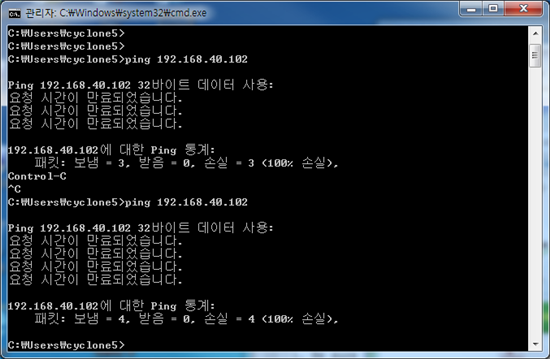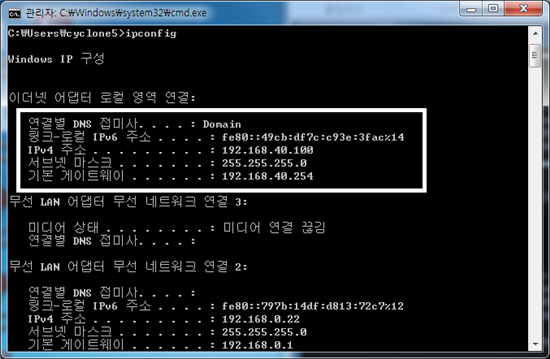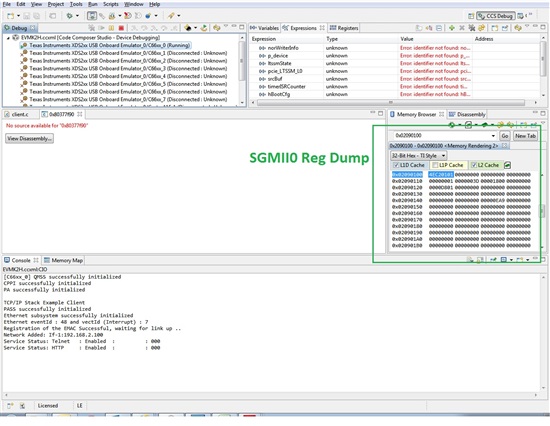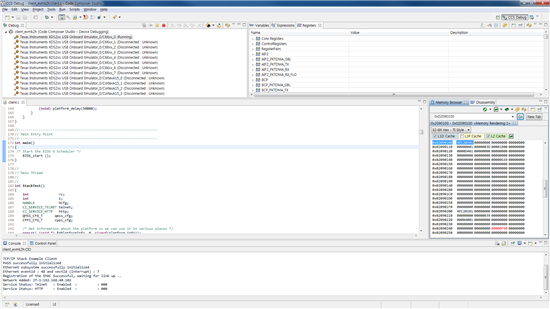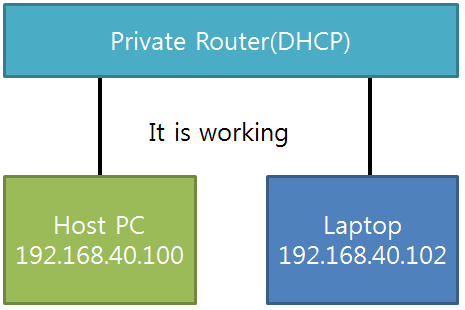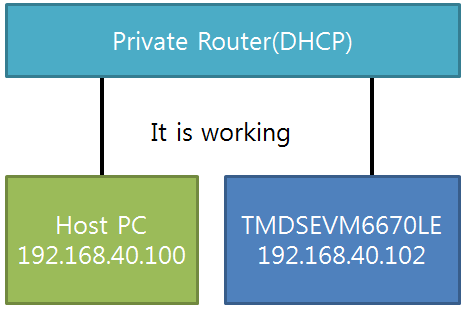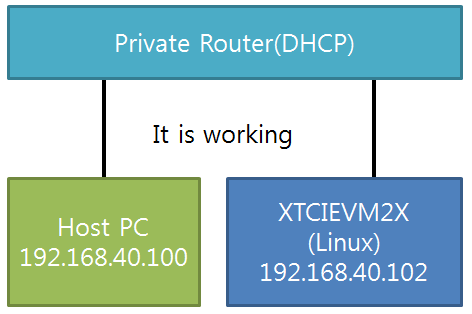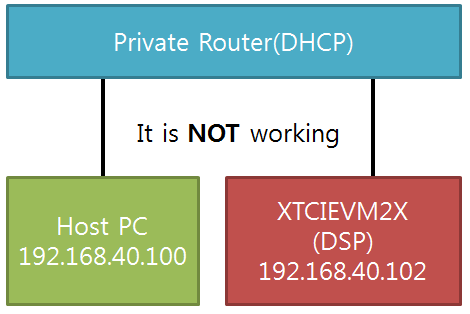Hello
My XTCIEVMK2X Board has problem
I tested board Eth Interface with enclosed MCSDK test program. but It was not working.
(ti\mcsdk_bios_3_01_00_03\examples\ndk\client)
I find a solution this web site
http://e2e.ti.com/support/dsp/c6000_multi-core_dsps/f/639/p/346927/1214540.aspx#1214540
I have CCS v5.5, MCSDK_BIOS_3_01_00_03 and NDK_2_22_02_16
My board is working but not pretty good.
sometimes board works well, sometimes board doesn't receive IP address from DHCP server.
board interface is not link up, I think
I can't find different point both of situations.
This is a message in not working status.
-------------------------------------------------------------------------------
TCP/IP Stack Example Client
PASS successfully initialized
Ethernet subsystem successfully initialized
Ethernet eventId : 48 and vectId (Interrupt) : 7
Registration of the EMAC Successful, waiting for link up ..
Network Added: If-1:192.168.40.102
Service Status: Telnet : Enabled : : 000
Service Status: HTTP : Enabled : : 000
QMSS successfully initialized
CPPI successfully initialized
PA successfully initialized
TCP/IP Stack Example Client
Configuring DHCP client
PASS successfully initialized
Ethernet subsystem successfully initialized
Ethernet eventId : 48 and vectId (Interrupt) : 7
Registration of the EMAC Successful, waiting for link up ..
Service Status: DHCPC : Enabled : : 000
Service Status: Telnet : Enabled : : 000
Service Status: HTTP : Enabled : : 000
Service Status: DHCPC : Enabled : Running : 000
Service Status: DHCPC : Enabled : Fault : 002
Service Status: DHCPC : Disabled : : 000
Service Status: DHCPC : Enabled : : 000
Service Status: DHCPC : Enabled : Running : 000
Service Status: DHCPC : Enabled : Fault : 002
Service Status: DHCPC : Disabled : : 000
Service Status: DHCPC : Enabled : : 000
Service Status: DHCPC : Enabled : Running : 000
-------------------------------------------------------------------------------
and I have another question.
can I use static IP address??
My system have no DHCP server. and board will use static IP address only.
Help me plz.
Regard


